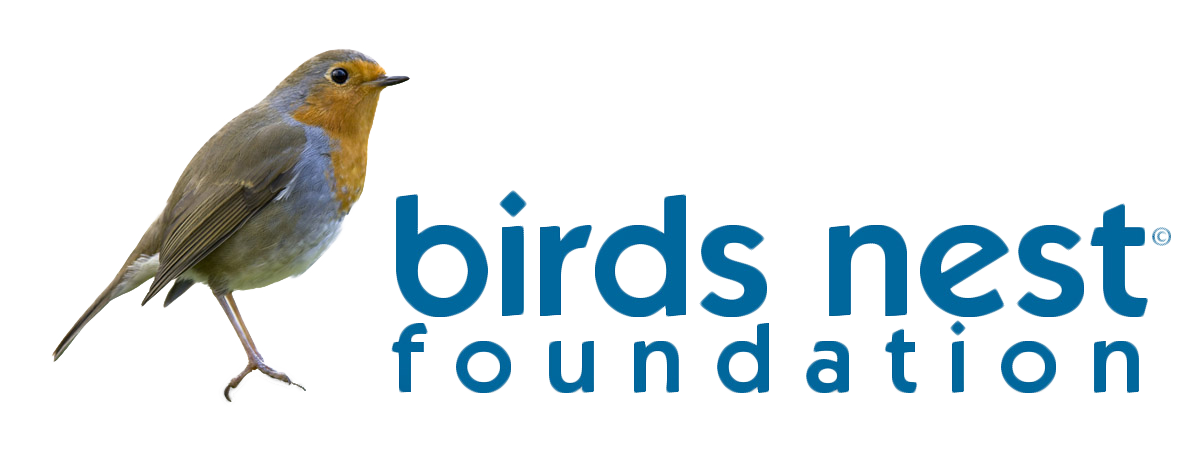Veterans Education Challenge
November 11th, 2015 marks 96 years of celebrating our Veterans. As Americans, we owe everything to these fine men and women who risk their lives to protect our freedom and safety. While Veterans’ Day is an important day to pay tribute to those who have served our nation, the Richards family believes that all of us should consider what more we can do to honor our troops. The Veterans Education Challenge creates a valuable new avenue that Americans can use to pay-it-forward, allowing our Veterans the wonderful opportunity and encouragement to gain a college degree.
The Veterans Education Challenge is dedicated to sending United States Military veterans to college by providing them with needed scholarships that the GI Bill does not cover. For every dollar up to $1 million raised by the general public, the Richards family will match it, with a guarantee that 100% goes toward veteran scholarships.
We know how valuable our veterans are, both in combat and in the classroom. However, these dedicated and loyal men and women must make big adjustments to enter college in hopes of developing their post-military career. Veterans make up only 4% of the undergraduate college population and the unemployment rate for Veterans is 7.2% compared to the national average of 5.2%. A majority of veterans have a spouse and/or children, so education is an added financial burden that many are hesitant to take. With America’s help, the Veterans Education Challenge will raise college enrollment and the graduation rate, which will undeniably lower unemployment, one Veteran collegiate scholar at a time.
The goal of the fund is to reinforce our veterans’ right to education and their ability to succeed in both higher education and life in general. The fund will support tuition, room and board, and other related and allowable living expenses. All veteran scholarship awards will be based on financial need with a priority and preference to Pell-eligible undergraduate and graduate students. Veterans will be eligible to renew awards based on financial need and standing with the universities.
Help us help them; because it’s not just an education, it’s their career, their future!
Visit us on online:
Twitter: @VetEdChallenge
Facebook: https://www.facebook.com/Veterans-Education-Challenge
TALKSMART!
TALKSMART! is a movie about children and cellphones. It will show, with real-life stories and interviews, how cellphones have changed the way kids live their lives.
The goal of the movie is to appeal to kids to use their cellphones in a more mindful way and to be aware that the phone’s allure can be addictive, distracting and potentially harmful to their health.
We love technology and we believe that it can be a very productive and educational tool, if used properly. So the goal of this movie is not to propose limiting its use, but rather to suggest ways to use our cellphones mindfully and safely.
The movie will follow some representative children of different ages, and will show how they have become addicted to the instant gratification of text messaging, and the second life they lead on the Internet.
The interviews with these children will also show how phones can be a constant source of distraction at school, during meals and while completing homework. Children emulate the behavior of their role models; their parents, their peers or older kids, and instead of growing out of using their phones excessively, they grow into it. Many teens and parents are themselves addicted to their phones, checking them constantly and seldom focusing on one task exclusively, without checking their phones.
TalkSmart! will also touch on the way electronic conversation dehumanizes the participants, and can leave children feeling socially isolated and emotionally remote even though they have hundreds of followers and numerous text-buddies.
Finally, the movie will also talk about the health effects of cellphone radiation, and suggest some basic ways of minimizing children’s exposure. Even though it is uncertain whether this radiation can cause physical damage to humans, the World Health Organization has classified cellphone radiation as a possible carcinogen. Over the course of our lives, we will spend hundreds of thousands of hours on our phones (and children, by starting younger, will spend longer), so in the absence of certainty, we should limit the amount of radiation we are exposed to from our phones.
In the course of discussing these topics, TalkSmart! will explain how cellphones work, and give a brief history of the evolution of cellphones, from the flip-phone to the smartphone. It is also important to explain the standards for exposure, set by the Federal Communications Commission.
GROUND UP CAMPAIGN
Birds Nest Foundation to Donate Academic Gardens to 100 New York City Public Schools Information contained on this page is provided by companies via press release distributed through PR Newswire, an independent third-party content provider.
PR Newswire, WorldNow and this Station make no warranties or representations in connection therewith.
FoodCorps is a nationwide team of leaders that connects kids to real food and helps them grow up healthy.
FoodCorps has partnered with Birds Nest Foundation in the Ground Up Campaign initiative.
LUNCH THE FILM
About LUNCH
As nation-wide funding for school cafeterias rapidly decreases and high-calorie, low-nutrient meals have become order of the day, our nation’s children are being afflicted by a slew of diet-based diseases from high-blood pressure and cholesterol to diabetes and obesity. In LUNCH, a revealing documentary short, director Avis Richards investigates the causes and the consequences of “growing up in a junk-food culture.” Through numerous on-site interviews with food workers, doctors, educators, and students, LUNCH provides a candid, penetrating, and disturbing account of the National School Lunch Program’s failure to promote the proper dietary habits to ensure our youth’s physical, social, and psychological well-being. The documentary also explores viable alternatives to the hamburger hegemony, talking with farmers and other community leaders about their efforts to put locally-grown, whole foods back on the menu and make diet and nutrition a core part of every school’s educational model. LUNCH serves up an eye-opening account of a national crisis and its potential solutions, a film that should interest anyone concerned about the future of our students and our society.
Storyline
LUNCH is a short documentary exploring the effects of the National School Lunch Program on America’s children today in schools and seeks to shed light on the current situation through candid interviews with doctors, teachers, farmers and various specialists.
The National School Lunch Program feeds some 28 Million children who eat 1 and sometimes 2 meals a day at school. Sadly the food that is served to them too often resembles fast food. The effects are far reaching.
Statistics have shown that kids today will have a lower life expectancy than their parents. Many doctors have had no training in diagnosing adult onset diabetes in younger patients. In 2007 the total cost of diabetes treatment was $174 Billion and that is only expected to rise as more and more people are diagnosed everyday.
One of the major problems is that parents, students, and even school administrators do not pay attention to poor food quality. Ironically even fast food chains have to supply information on what they are serving. So why isn’t that the case with our schools?
With a school system underfunded and a school food surplus sold in bulk and “on the cheap”, the results have been the downsizing of proper kitchen in school cafeterias to the point where pre-made fast food style lunches are the only meals available. This is a recipe for disaster and it is having an adverse effect not only on kid’s health, but it is teaching kids to identify food as being fast food and the result goes beyond heath and weight issues but to self-esteem and abilities to function properly in classrooms. From healthcare to national test average scores, everything is tied to what we eat.
The most common argument that children will not eat healthy food however many in the field disagree with this statement and say its simply a matter of making nutritional food available to them. The film explores how some schools, dubbing themselves as “Green Schools” such as Hamstead Hill Academy in Baltimore, have made nutrition a core part of their educational model. From school garden to cooking classes these schools have taught children to make healthy choices by including them in the preparation of their own meals.
The film also targets a broader range of social issues beyond school and healthcare touching on economics where the importance of locally grown produce in the Baltimore school system has lead to a partnership with Great Kids Farm. Not only does this farm supply produce for the school system but it also educates kids on where their food comes from and offers affordable alternatives to the expensive national distribution plan current in existence. Farms like Great Kids Farm not only create jobs locally but studies have shown that small farms, which use their soil to grow a variety of multiple produce are far more effective than their larger monocropping farm counterparts.
There is a national movement to build a real connection to the food we eat starting with local farmers and schools all the way to Michelle Obama’s white House garden all to show that people don’t need a big farm to have a positive impact on each other and on America.



